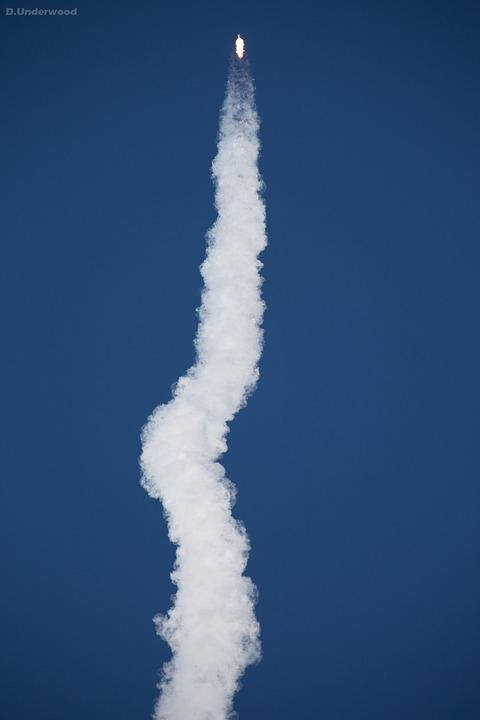After a series of consecutive nuclear tests in the past few months, the United Nations (UN) has imposed a fresh round of sanctions on North Korea after its sixth and largest nuclear test.
The measures restrict oil imports and ban textile exports, an attempt to starve the North of fuel and income for its weapons programs.
Prior to the announcement, the US had originally proposed harsher sanctions directed to the North Koreans, including a total ban on oil imports.
According to North Korea's ambassador to the UN, Han Tae Song, stated in a conference in Geneva: "The forthcoming measures by DPRK [the Democratic Republic of Korea] will make the US suffer the greatest pain it has ever experienced in its history.
How powerful are North Korea's nuclear bombs?
North Korea claims it has conducted five successful nuclear tests: in 2006, 2009, 2013 and in January and September 2016.
The yield of the bombs appears to have increased and in September 2016's test, reports have indicated a device with an explosive yield of between 10 and 30 kilotons were also used by the North Koreans - which, if confirmed, would make it the North's strongest nuclear test ever.
However, Monday's vote was only passed unanimously after Pyongyang allies Russia and China agreed to the reduced measures.
The US call last week for a total ban on oil imports was seen as by some analysts as 'potentially destabilizing' for the regime.
The new sanctions agreed by the UN include:
- Limits on imports of crude oil and oil products. China, Pyongyang's main economically, supplies most of North Korea's crude oil.
- A ban on exports of textiles, which is Pyongyang's second-biggest export worth more than $700m (£530m) a year.
- A ban on new visas for North Korean overseas workers, which the US estimates would eventually cut off $500m of tax revenue per year.
A proposed asset freeze and a travel ban on North Korean leader Kim Jong-un were dropped.
Nikki Haley, the US ambassador to the UN, told the Security Council after the vote: "We don't take pleasure in further strengthening sanctions today. We are not looking for war."
"The North Korean regime has not yet passed the point of no return," she added. "If North Korea continues its dangerous path, we will continue with further pressure. The choice is theirs."
Nonetheless, the North Korean envoy stated: "Instead of making [the] right choice with rational analysis... the Washington regime finally opted for political, economic and military confrontation, obsessed with the wild dream of reversing the DPRK's development of nuclear force - which has already reached the completion phase."
A South Korean presidential office spokesman said on Tuesday: "North Korea needs to realize that a reckless challenge against international peace will only bring about even stronger sanctions against them."
Meanwhile, Monday's resolution was the ninth one unanimously adopted by the UN since 2006. While China's foreign ministry said on Tuesday (link in Chinese) that North Korea had "ignored international opposition and once again conducted a nuclear test, severely violating UN Security Council resolutions", it also repeated its call for a "peaceful resolution" instead of a military response, adding: "China will never allow the peninsula to descend into war and chaos."
To add to that, both Russia and China reiterated their proposal that the US and South Korea freeze all military drills - which angers North Korea - and asked for a halt in the deployment of the controversial anti-missile system THAAD, in exchange for Pyongyang's cessation of its weapons programs.
Beijing believes THAAD, which employs a powerful radar, is a security threat to China and neighboring countries. However, US Ambassador to the UN, Nikki Haley said that the proposal was "insulting".







